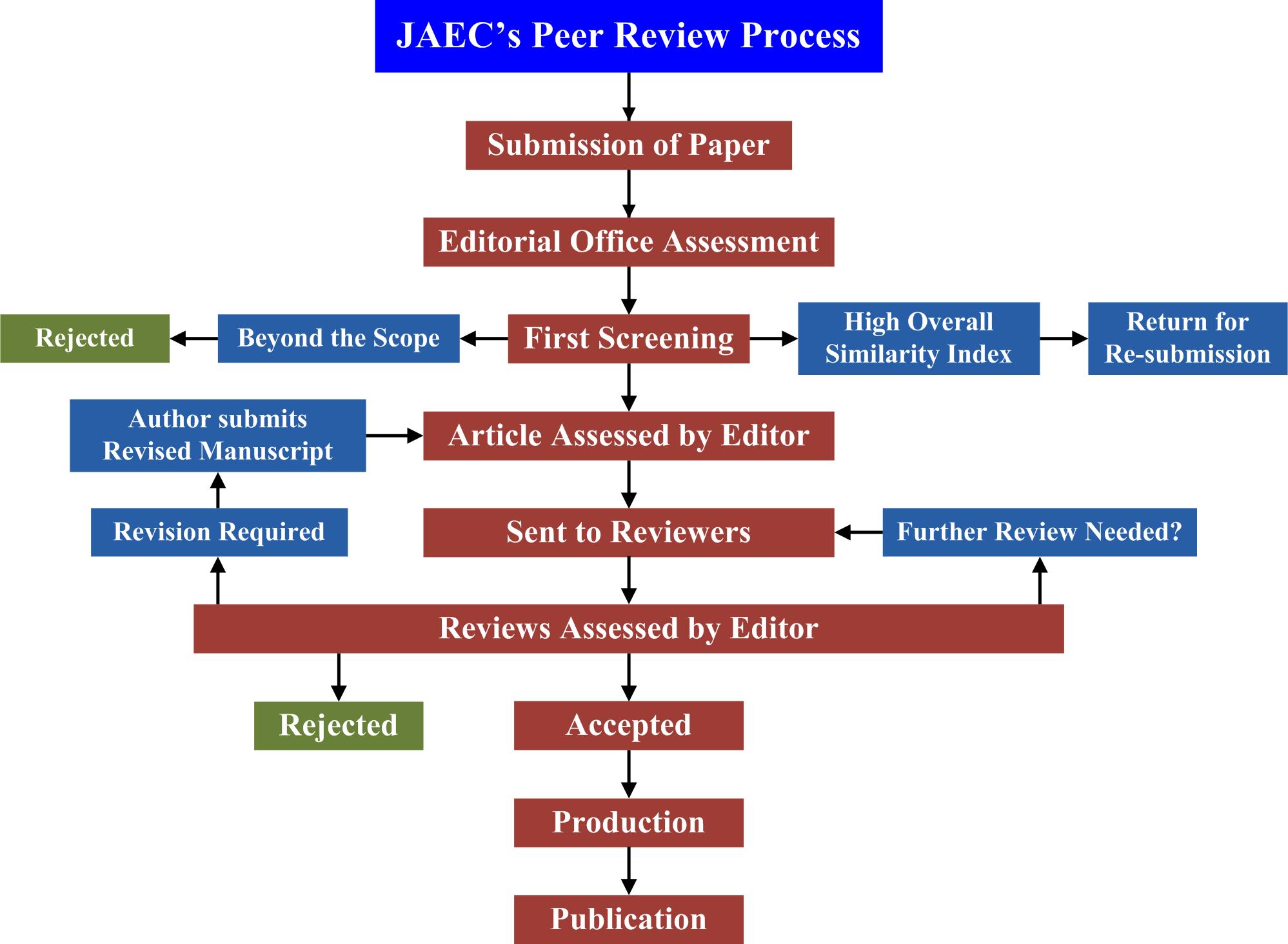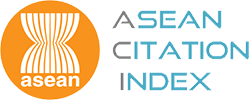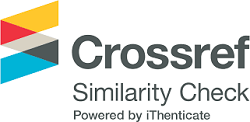Policies
Ethical Policy
Publication Ethics and Publication Malpractice Statement
Publication Decisions
JAEC's publication decision is based on a codified process. Journal policies are a part of this process. Content compatibility of each submitted paper with the scope of the journal is one of the journal policies. COPE's guidelines also check in this part. Submitted papers must be free of allegations such as libel, copyright infringement and plagiarism. Reviewer comments are another part of the decision process. The results of these two parts determine the final decision for each paper.
Confidentiality
JAEC has a commitment to protect all information of submitted articles from untrusted ones. In this regard, JAEC’s editorial boards such as reviewers and advisers are only able to access the information.
Identification of and Dealing with Allegations of Research Misconduct
Publisher and editor of the journal take reasonable steps to identify and prevent the publication of papers where research misconduct has occurred, including plagiarism, citation manipulation, and data falsification/fabrication, among others. In no case shall the journal or its editor encourage such misconduct, or knowingly allow such misconduct to take place. In the event that the journal’s publisher or editor is made aware of any allegation of research misconduct relating to a published article in the journal –the publisher or editor shall follow COPE’s guidelines in dealing with allegations.
Revenue Sources/Advertising/Direct Marketing
JAEC is financially supported by Ton Duc Thang University, Ho Chi Minh city, Vietnam, and has no other sources for earning funds. JAEC accepts No advertisements on its official website.
Publishing Schedule/Archiving
JAEC publishes four issues per year, with occasional special issues coming in addition. JAEC has entrusted the long-term preservation of our published content to the CLOCKSS archive as well as the Ton Duc Thang University INSPIRE library.
Author Responsibilities Policy
Authorship
Submitted papers must be approved by its author(s) to consider for refereeing in JAEC. Author(s) must thus have an active presence to design and prepare all materials of their papers. ALL of the authors must have critically reviewed its content and have approved the final version submitted for publication. Authors are responsible for the accuracy of the manuscript content. They should also sign an agreement form confirming their contribution in writing the manuscript. Papers are only considered for publication once consent is given by all contributing authors.
Originality and Plagiarism
Authors must properly acknowledge the work of others, including earlier work by themselves, which is used in their research. During the initial screening, the manuscript is subjected to a plagiarism checker by using the service iThenticate tool, developed by Turnitin (USA). In case the editors or the reviewers find similarities with previously published content, the authors may be notified and requested to add references. If the plagiarism affects a large portion of the manuscript, it will be rejected outright. Details about Plagiarism checking for research publication can be found here.
Data access and retention
Authors may be asked to provide the raw data in connection with a paper for editorial review, and should be prepared to provide public access to such data.
Multiple, Redundant or Concurrent Publication
Author(s) should not submit papers if those papers have been previously presented for refereeing to other journals. Simultaneous submission of a paper in more than one journal will be faced to unethical publishing behaviors.
Acknowledgement of Sources
Proper acknowledgment of the work of others must always be given. Authors should cite publications that have been influential in determining the nature of the reported work.
Disclosure and Conflicts of Interest
In the acknowledgment section of the paper, authors should disclose all sources of funding, and potential conflicts of interest such as consulting fees, stock ownership, patent licenses, etc. People who have made inputs which were helpful in conducting the research, but not significant enough for them to be included as authors, should be acknowledged.
Fundamental errors in published works
When an author discovers a significant error or inaccuracy in his/her own published work, it is the author's obligation to promptly notify the journal editor or publisher and cooperate with the editor to retract or correct the paper.
Reporting standards
Authors of reports of original research should present an accurate account of the work performed as well as an objective discussion of its significance.
Hazards and human or animal subjects
Statements of compliance are required if the work involves chemicals, procedures or equipment that have any unusual hazards inherent in their use, or if it involves the use of animal or human subjects.
Use of patient images or case details
Studies on patients or volunteers require ethics committee approval and informed consent, which should be documented in the paper.
Peer Review Policy
JAEC is a peer-reviewed open access journal that aims to respect international publication standards. To do so, JAEC is committed to peer-review integrity and upholding the highest standards of review. Once your paper has been assessed for suitability by the editor, it will then be single-blind peer-reviewed by independent, anonymous expert referees.
Duties of Reviewers
Contribution to Editorial Decisions
Peer reviewers have an effective role in assisting the editor to make editorial decisions. They also can assist the authors to improve their papers throughout the editorial communications.
Promptness
Each one of peer reviewers who feels unqualified to review a manuscript or knows that its prompt review will be impossible should notify the editor and excuse himself from the review process.
Confidentiality
Any manuscripts received for review must be treated as confidential documents. They must not be shown to or discussed with others except as authorized by the editor.
Standards of Objectivity
Reviews should be conducted objectively. Personal criticism of the author is inappropriate. Referees should express their views clearly with supporting arguments.
Peer-review Process Flowchart











